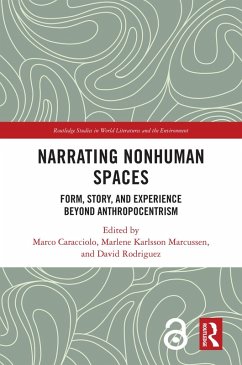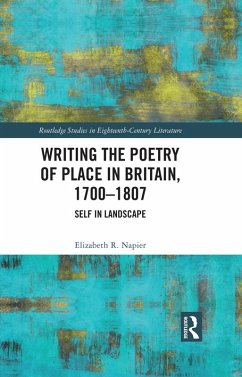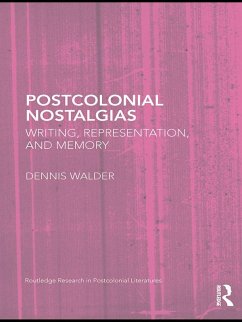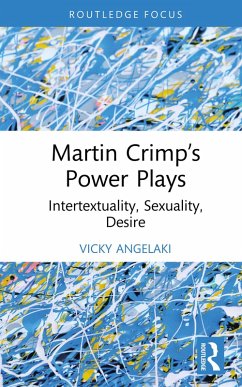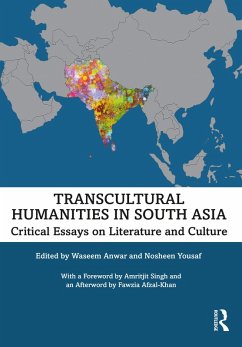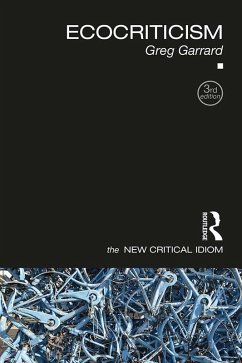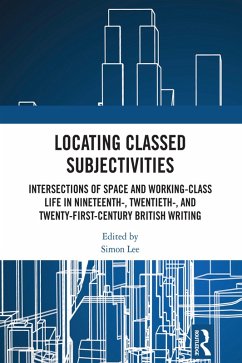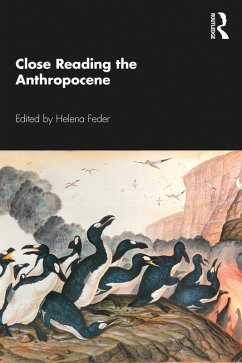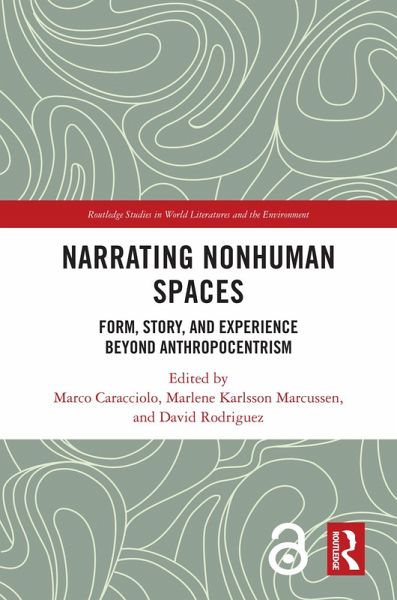
Narrating Nonhuman Spaces (eBook, ePUB)
Form, Story, and Experience Beyond Anthropocentrism
Redaktion: Caracciolo, Marco; Rodriguez, David; Marcussen, Marlene Karlsson
Versandkostenfrei!
Sofort per Download lieferbar
0,00 €
inkl. MwSt.
Weitere Ausgaben:

PAYBACK Punkte
0 °P sammeln!
Recent debates about the Anthropocene have prompted a re-negotiation of the relationship between human subjectivity and nonhuman matter within a wide range of disciplines. This collection builds on the assumption that our understanding of the nonhuman world is bound up with the experience of space: thinking about and with nonhuman spaces destabilizes human-scale assumptions. Literary form affords this kind of nonanthropocentric experience; one role of the critic in the Anthropocene is to foreground the function of space and description in challenging the conventional link between narrative and...
Recent debates about the Anthropocene have prompted a re-negotiation of the relationship between human subjectivity and nonhuman matter within a wide range of disciplines. This collection builds on the assumption that our understanding of the nonhuman world is bound up with the experience of space: thinking about and with nonhuman spaces destabilizes human-scale assumptions. Literary form affords this kind of nonanthropocentric experience; one role of the critic in the Anthropocene is to foreground the function of space and description in challenging the conventional link between narrative and human (inter)subjectivity. Bringing together New Formalism, ecocriticism, and narrative theory, the included essays demonstrate that literature can transgress the strong and long-established boundary of the human frame that literary and narrative scholarship clings to. The focus is firmly on the contemporary but with strategic samplings in earlier cultural texts (the American transcendentalists, modernist fiction) that anticipate present-day anxieties about the nonhuman, while at the same time offering important conceptual tools for working through them.
Dieser Download kann aus rechtlichen Gründen nur mit Rechnungsadresse in A, B, BG, CY, CZ, D, DK, EW, E, FIN, F, GR, HR, H, IRL, I, LT, L, LR, M, NL, PL, P, R, S, SLO, SK ausgeliefert werden.




